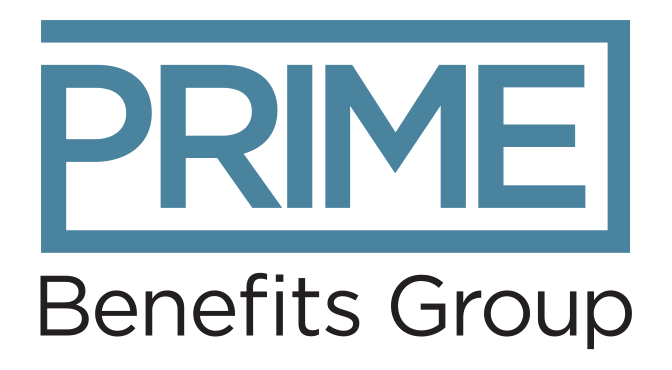- Have a question?
- 613-89-Prime (77463)
- 1-866-950-3667
- info@primebenefitsgroup.com
How to Hire Someone Who Will More Likely Stay


Magnifying glass looking at paper images of candidates
Last month, we saw that it is extremely costly when an employee quits ( ‘Increasing Turnover Rates – Why Now and Six Tips to Deal’). These costs are incurred on many levels, but if their position is highly specialized, costs could be around 400% of the employee’s annual salary.
Wouldn’t it be great to identify candidates who are more likely to leave before you invest in hiring them? How can you sift through the candidates who are ‘just looking for a job’ from those who are thirsting to work in this role at yourorganization?
The first source of information you get about the candidate is the resume.
What to Check On Your End:
- Reapplications: If they have applied to your organization before, they’re much more likely to stay long-term compared to first-time applicants.
- Employee referrals: If they were referred by someone currently working at your organization, they’re much more likely to stay long-term.
- References: Obviously. But it is a good idea to go beyond references and search for people you know in common, or do an internet search, to learn about their reliability.
What to Look for in the Resume:
- Gaps in employment: These could indicate trouble getting/keeping jobs due to personality/performance issues, but you need to learn what they did during those gaps: Did they learn a new skill? Have children? Renovate a house? Volunteer?
- Current employment status: If they’re currently working, they likely have more interest in your position than someone who is currently unemployed. One study found that candidates who were employed at the time of applying were twice as likely to remain working long-term compared to unemployed candidates.
- Work history: If it seems suspicious or there is evidence of changing jobs/fields often, this could be a red flag. Similarly, they may not stay if they’re overqualified and used to more responsibility and/or salary.
- Errors: If their email/home address is missing/outdated, or there are typos/grammatical errors, this shows lack of genuine interest.
Once you’ve narrowed down your selections, you conduct interviews.
What are some tips for identifying candidates who will fit well into your organization and stay long-term?
- Get input: Colleagues and employees can help by meeting with the candidate and sharing their input. Not only do they understand the position, but their opinions matter as they’ll be working together.
- Get away from the desk: Give them a tour of the company or out to lunch to see how genuinely interested they are, how they interact, and the questions they ask.
- Assign homework: A small task that they can complete on their own pre-determined timeline to show their level of commitment, quality of work, and time management.
- Some homework ideas include:
- Plan your actions for the first 90 days on the job.
- Write a 500-word essay describing yourself.
- Some homework ideas include:
- Trust your instincts: Any hint of issues in the interview will only grow over time.
- Objectively and truthfully describe offer: One study found that 61% of employees reported that the realities of their new job differed from the expectations outlined in the interview.
- Questions to ask: Notice how they answer to evaluate their commitment. Look for patterns (are they negative, do they make excuses). Challenge the candidate to see how they naturally think on their feet.
- Some question ideas include:
- Why did you leave your previous job and why did you take the next one?
- Could identify unrealistic expectations, problems getting along with others, or someone looking for something more (responsibility, pay).
- What is your ideal work situation?
- If you can’t provide this to the candidate, they’re not likely to stay.
- What is your most difficult workplace decision and how did you handle it? (Beyond critical thinking, it shows how much they persist in a challenge.)
- Describe a time when you had a disagreement with a boss/colleague and how you handled it. (Shows conflict resolution and level of emotional intelligence, which tells you how well this person can control their own emotions and stay on task.)
- What they know about the company and why they want to work here. (Someone genuinely interested would have researched your company and know how their skill set matches up with the role.)
- How would coworkers/boss describe you? (Identifies how well they’re likely to fit in.)
- Do you have any questions? (They should if they’re interested and actively engaged.)
- Some question ideas include:
We’re Here to Help
It takes time and effort for HR practitioners and hiring managers alike to find candidates that they can trust will remain with their organization long-term.
Please contact us at info@primebenefitsgroup.com so we can work together to create solutions that work best for you and your organization.
Suggested Readings:
- https://harver.com/blog/hr-tech-trend-an-introduction-to-predictive-analytics/
- https://www.nytimes.com/guides/business/how-to-hire-the-right-person